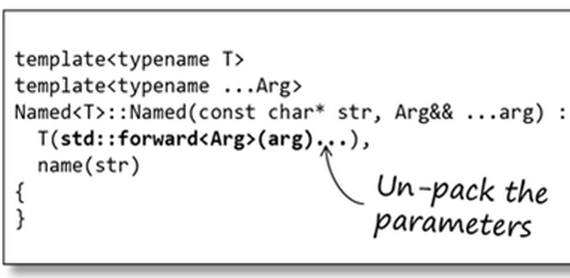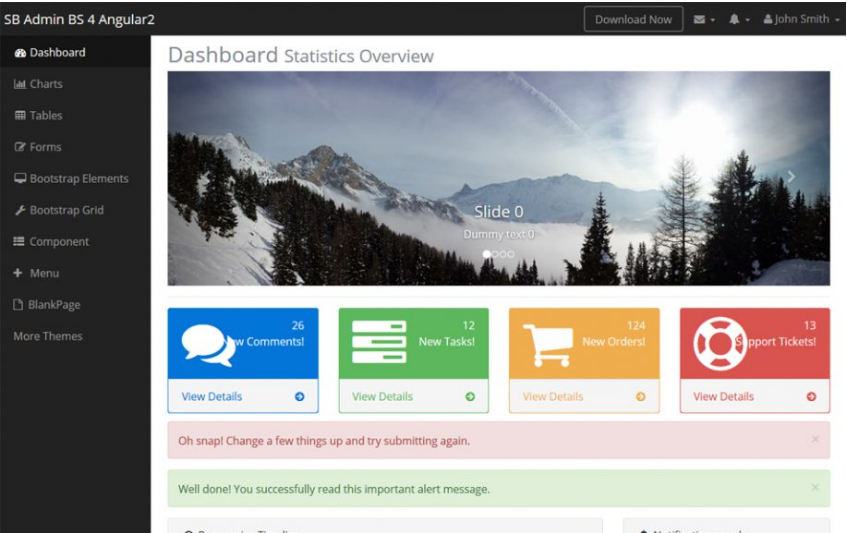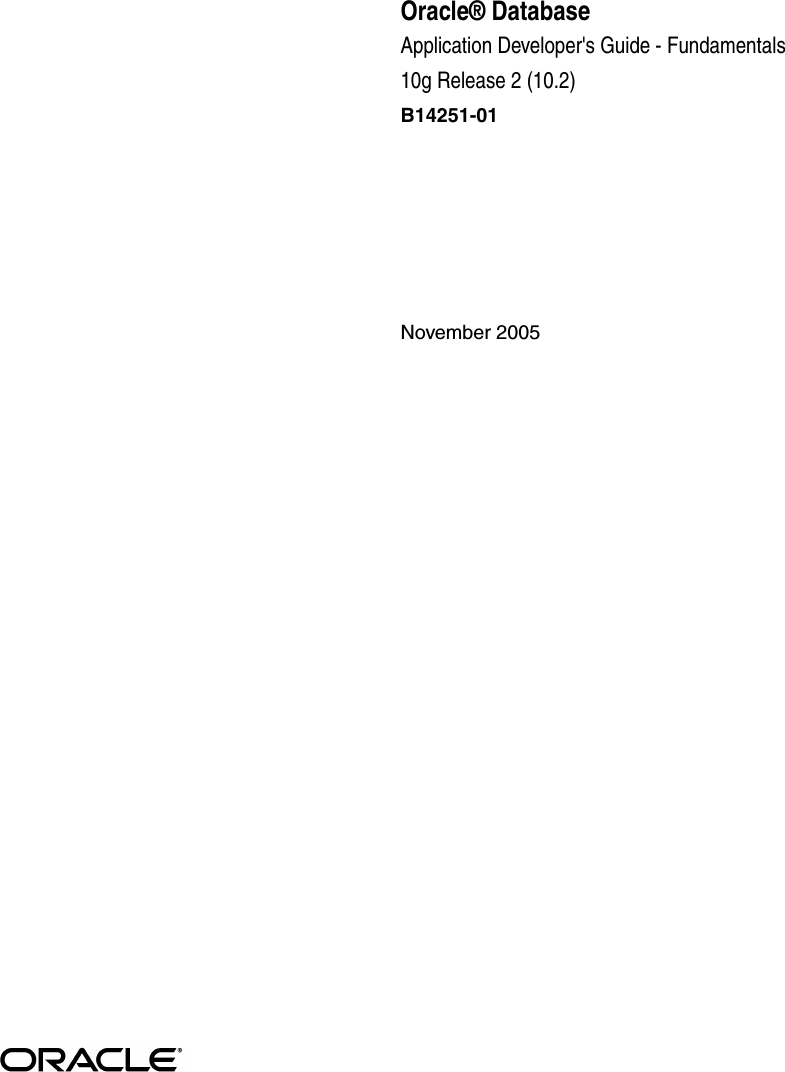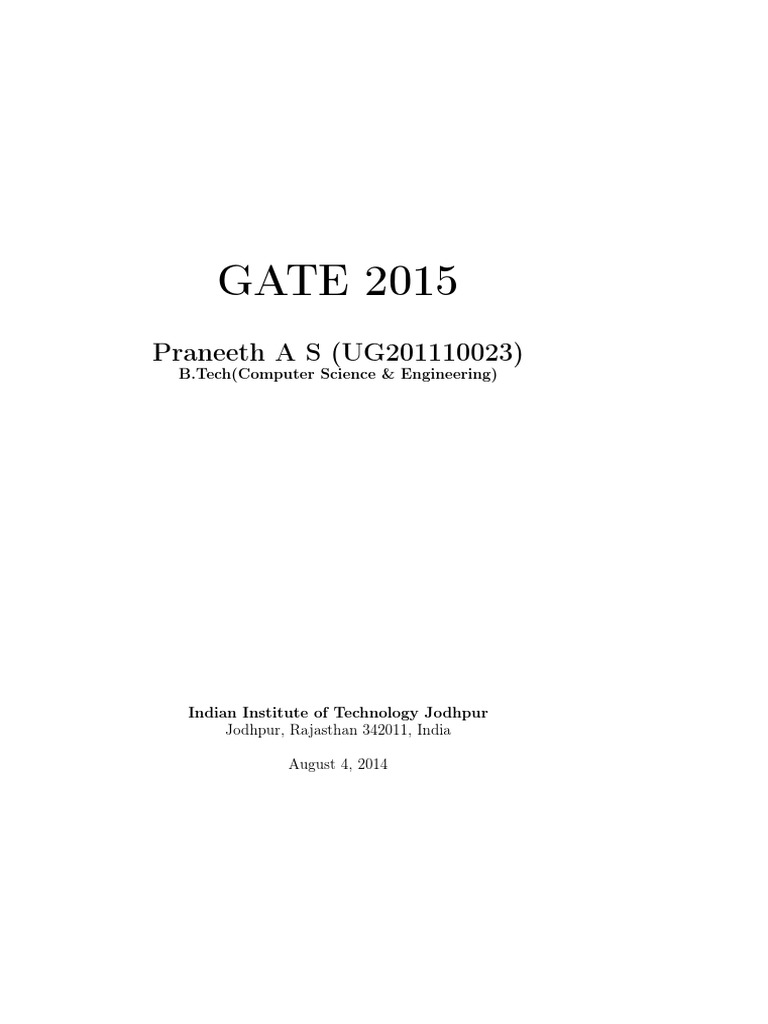Template Functions C++
Template functions c++ - A template parameter is a special kind of parameter. A function is a set of statements that take inputs, do some specific computation, and produce output. Functions that are defined at class scope are called member functions. In c++ this can be achieved using template parameters. It generates concrete functions based on the template arguments. A template with at least one parameter pack is called a variadic template. A very useful element of c++ is the generic functions or classes, sometimes referred to as c++. Function templates are special functions that can operate with generic types. Major inspirations for c++ templates were the. In simple terms, a function is a block of code that only runs when it is.
Templates are a feature of the c++ programming language that allows functions and classes to operate with generic types.this allows a function or class to work on many different data types without being rewritten for each one. A keyword “template” in c++ is used for the template’s syntax and angled bracket in a parameter (t), which defines the data type variable. A function template is similar to a class template; In many cases, the template. The idea is to put some commonly or repeatedly done tasks together and make a function so that instead of writing the same code again and again for different inputs, we can call the function.
The 15 C++11 features you must really use in your C++ projects
In c++, unlike other languages, a function can also be defined at namespace scope (including the implicit global namespace). Functions that are defined at class scope are called member functions. C++ template is also known as generic functions or classes which is a very powerful feature in c++.
Applying Curiously Recurring Template Pattern in C++ DZone Web Dev
This allows us to create a function template whose functionality can be adapted to more than one type or class without repeating the entire code for each type. In many cases, the template. Inline function is a function that is expanded in line when it is called.
20 Most Useful C and C++ Cheat Sheets 2019 Edition RankRed
In many cases, the template. Templates are a feature of the c++ programming language that allows functions and classes to operate with generic types.this allows a function or class to work on many different data types without being rewritten for each one. A function parameter pack is a function parameter that accepts zero or more function arguments.
Variadic Templates Feabhas Standard C++
In simple terms, a function is a block of code that only runs when it is. C++ provides an inline functions to reduce the function call overhead. Templates are a feature of the c++ programming language that allows functions and classes to operate with generic types.this allows a function or class to work on many different data types without being rewritten for each one.
22 Best Free Admin Templates 2020 For Developers
In simple terms, a function is a block of code that only runs when it is. The c++ standard library provides many useful functions within a framework of connected templates. The idea is to put some commonly or repeatedly done tasks together and make a function so that instead of writing the same code again and again for different inputs, we can call the function.
A very useful element of c++ is the generic functions or classes, sometimes referred to as c++. Template t functionname(t parameter1, t parameter2,.) { // code } in the above code, t is a template argument that accepts different data types (int, float, etc.), and typename is a keyword. In c++ this can be achieved using template parameters.
Oracle Database Application Developer’s Guide Fundamentals Developer
In many cases, the template. When the inline function is called whole code of the inline function gets inserted or substituted at the point of inline function call. A template parameter is a special kind of parameter.
Computer ID5c1154bd90969
C++ provides an inline functions to reduce the function call overhead. A template parameter is a special kind of parameter. A function template starts with the keyword template followed by template parameter(s) inside <> which is followed by the function definition.
A function parameter pack is a function parameter that accepts zero or more function arguments. When the inline function is called whole code of the inline function gets inserted or substituted at the point of inline function call. A template with at least one parameter pack is called a variadic template. The c++ standard library provides many useful functions within a framework of connected templates. The idea is to put some commonly or repeatedly done tasks together and make a function so that instead of writing the same code again and again for different inputs, we can call the function. Functions that are defined at class scope are called member functions. A function template is similar to a class template; In c++ this can be achieved using template parameters. This allows us to create a function template whose functionality can be adapted to more than one type or class without repeating the entire code for each type. A function is a set of statements that take inputs, do some specific computation, and produce output.
Major inspirations for c++ templates were the. In c++, unlike other languages, a function can also be defined at namespace scope (including the implicit global namespace). In many cases, the template. A very useful element of c++ is the generic functions or classes, sometimes referred to as c++. C++ provides an inline functions to reduce the function call overhead. It generates concrete functions based on the template arguments. A keyword “template” in c++ is used for the template’s syntax and angled bracket in a parameter (t), which defines the data type variable. Inline function is a function that is expanded in line when it is called. C++ template is also known as generic functions or classes which is a very powerful feature in c++. A function template starts with the keyword template followed by template parameter(s) inside <> which is followed by the function definition.
Templates are a feature of the c++ programming language that allows functions and classes to operate with generic types.this allows a function or class to work on many different data types without being rewritten for each one. A template parameter is a special kind of parameter. In simple terms, a function is a block of code that only runs when it is. Function templates are special functions that can operate with generic types. Template t functionname(t parameter1, t parameter2,.) { // code } in the above code, t is a template argument that accepts different data types (int, float, etc.), and typename is a keyword.







